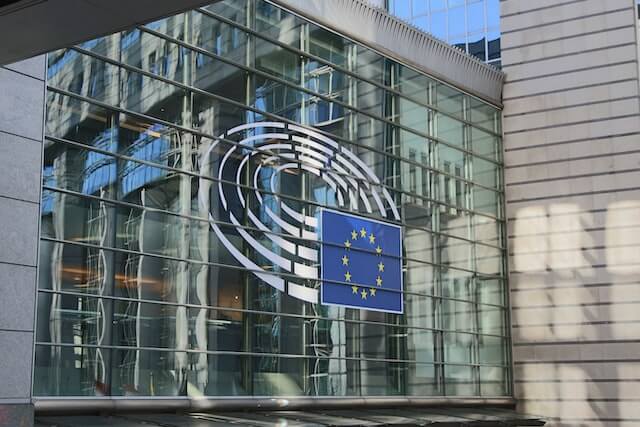
As the number of crypto projects continues to grow, success increasingly depends on effective marketing – and that could be about to get a whole lot tougher, especially in Europe, the US, and Australia.
MiCA: Influencers and Marketers Beware
In Europe, the Markets in Crypto Assets (MiCA) bill was approved by the European Parliament Committee on Economic and Monetary Affairs on 10 October, and looks set to become legislation within months.

This will have serious implications for any individual or business in any way promoting, or even just commenting on, the crypto space. For example, MiCA’s definition of what will be considered ‘market manipulation’ is incredibly sweeping:
“taking advantage of occasional or regular access to the traditional or electronic media by voicing an opinion about a crypto-asset, while having previously taken positions on that crypto-asset, and profiting subsequently from the impact of the opinions on the price of that crypto-asset, without having simultaneously disclosed that conflict of interest to the public in a proper and effective way.”
Although the goal of combating market manipulation is laudable, the immense scope of the wording could cause significant problems for anyone marketing or even commenting on any digital asset. Obviously, it will have ramifications for anyone engaged in affiliate marketing of anything related to digital assets, including influencers and performance marketing companies, but it could also conceivably affect individuals making innocuous comments on social media.
The fuzzy nature of the legislation and the vastly complex and dynamic nature of the crypto space leaves a lot of scope for confusion and misapplication. For example, will anyone who is making any comment about a cryptocurrency, have to disclose details of their own crypto holdings on every post, to protect against the off-chance that a post goes viral and affects the market? And, who decides if any single post or comment has affected the market? What are the benchmarks? How is anything proven?

Disclaimers are Not Enough
Meanwhile, according to industry news site CoinTelegraph, digital asset lawyers in both the US and Australia have urged crypto influencers to exercise more caution. Specifically, they have pointed out that merely adding a disclaimer such as “this is not financial advice” to crypto-related content will likely not protect them legally.
This warning comes as Gary Gensler’s Securities and Exchange Commission is still locked in an epic legal battle with Ripple over whether or not XRP is a security or commodity. Although most commentators now seem to think Ripple will win the case, if Gensler does get his way and XRP is deemed a security, it could have major implications for the crypto marketing space too.
So, if celebrities and influencers thought the marketing crackdown after the 2017/18 ICO boom was bad, there may be worse to come. Of course, introducing new rules is one thing, and enforcing them quite another. But, thanks to MiCA and other new regulations, crypto influencers and marketers should tread very carefully as we move forward.
